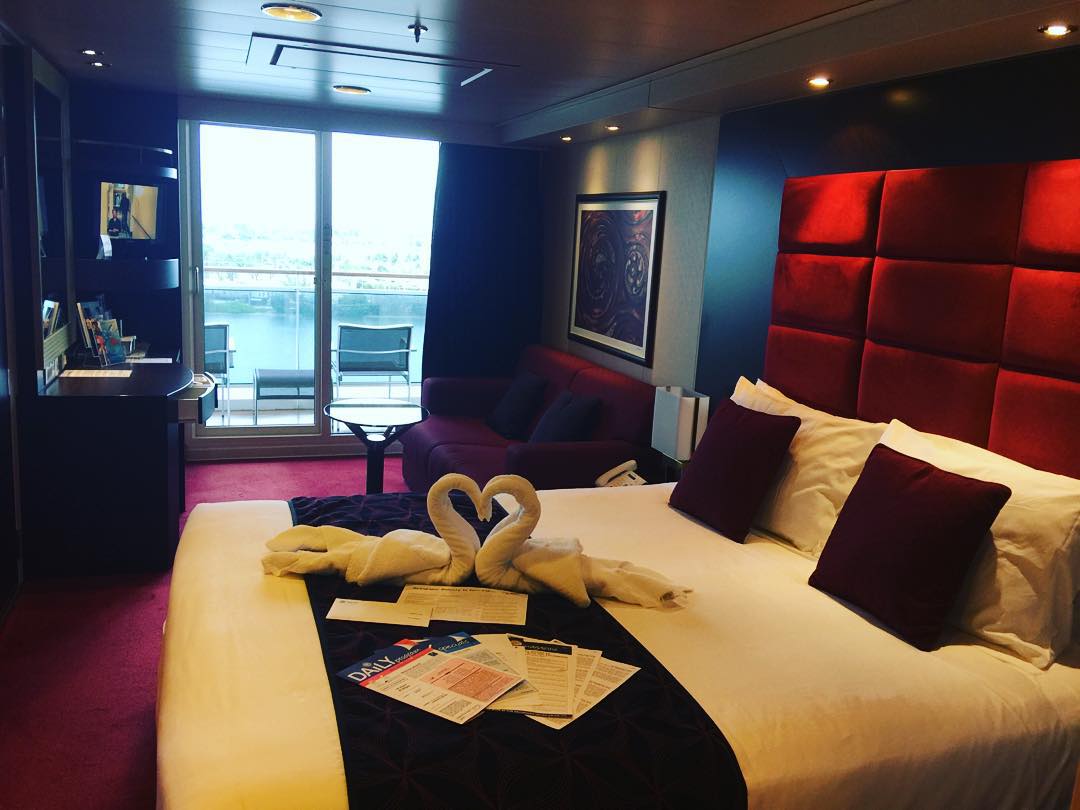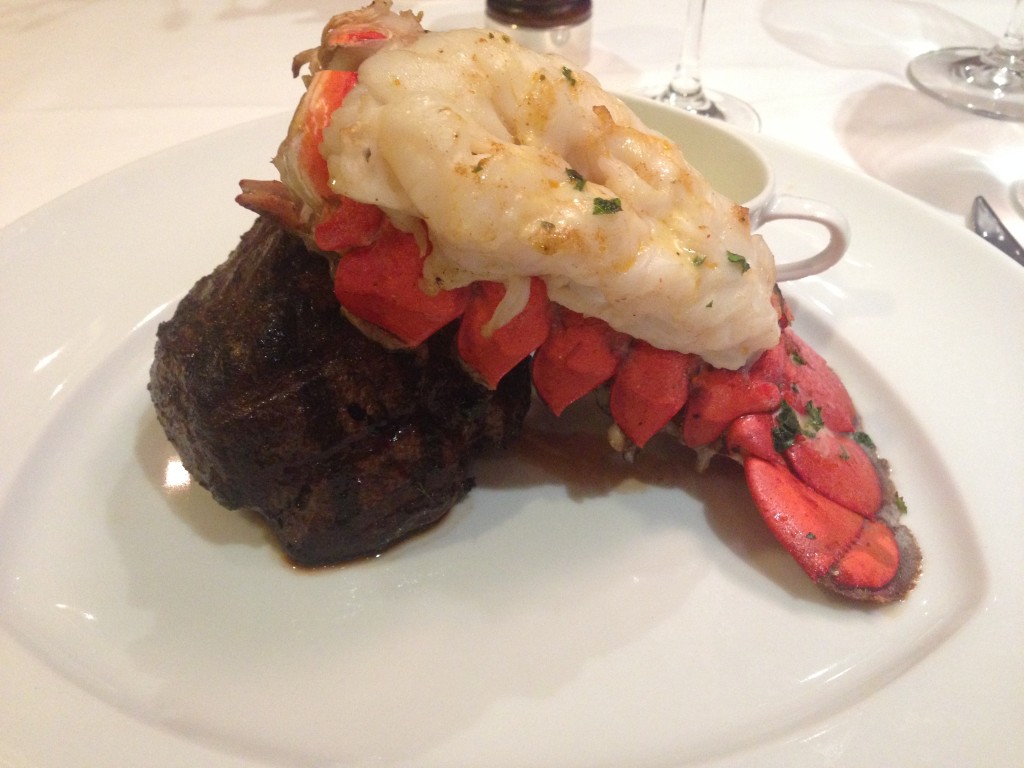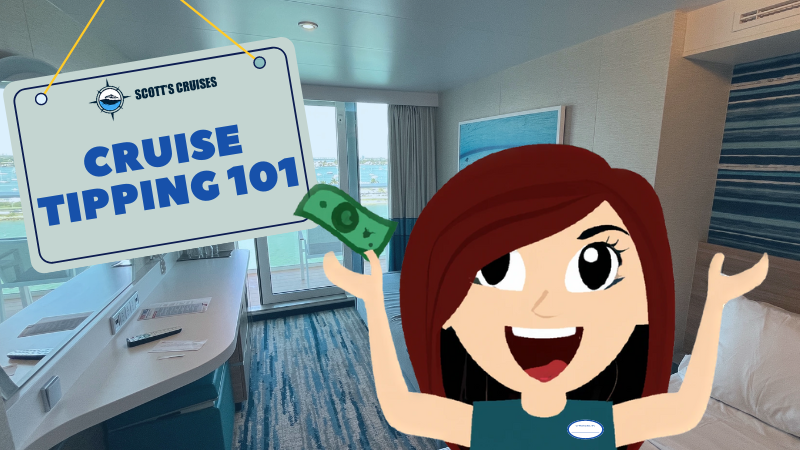Cruise vacations offer an unrivaled opportunity to explore the world, with the convenience of unpacking only once, a variety of onboard activities, and a multitude of exotic destinations to choose from. However, planning a cruise vacation involves more than simply selecting your destination and cruise line. Budgeting is a vital part of the process, and understanding the true cost of cruising can help you get the best bang for your buck. Here’s a comprehensive guide on how to budget for your upcoming cruise vacation.
The Cost of a Cruise
The advertised ticket price for a cruise may initially seem all-inclusive, covering your accommodation, basic meals, and certain onboard activities. However, it’s essential to understand that this is only a part of the total cost. Additional expenses come into play, creating a more complex financial picture. Pricing for the cruise is dependent on various factors, including the cruise line, the destination you opt for, the length of the cruise, and the type of stateroom you select.
For instance, if you choose a luxury cruise heading toward an exotic location, your expenses will naturally be higher than if you select a shorter, more value-oriented cruise. The type of stateroom you choose greatly impacts the cost. Suites and cabins with balconies demand a higher price, given the premium comfort and views they offer. In contrast, opting for an interior or ocean-view cabin can be a more budget-friendly choice.

Port Charges and Taxes
Your cruise ticket price also covers port charges and taxes, which are generally not shown as part of the initial price but are shown before you complete your booking. These are fees charged by the different ports your ship will dock at during your journey. It’s important to understand that even though these costs are integrated into your ticket price, and don’t require separate budgeting, they do contribute to the total cost of your cruise fare.
Gratuities
In the world of cruising, tipping is not just an act of generosity, but rather a customary part of the overall experience. It’s common practice for many cruise lines to add gratuities automatically to your onboard account. These gratuities, typically calculated on a per person, per day basis, are in recognition of the services provided by the dedicated dining, housekeeping, and cabin staff. Understanding that these fees are added to your initial ticket cost is vital for effective budgeting.
Many cruise lines provide an option to pre-pay these gratuities before you set sail. This feature can be an excellent aid in budgeting, as it allows you to distribute your costs over a longer period. But how much should you tip, and who should you tip? These are common questions, especially for first-time cruisers. For a more detailed understanding of gratuities on cruises, be sure to check out our comprehensive guide to tipping.
Drinks and Specialty Dining
Your cruise fare typically includes basic meals onboard, such as the ship’s main dining room, buffet, and quick service outlets around the ship. However, if you’re looking to elevate your dining experience with a visit to the ship’s specialty restaurants, you should anticipate extra charges. These specialty dining venues often come with a la carte pricing or set cover charges, and provide higher-end food choices that go beyond the standard cruise fare offerings.
Included in your ticket price are basic beverages such as tap water, certain juices, and standard coffee. However, should you desire a refreshing soda, an alcoholic beverage, or a specialty coffee, these come at an additional cost. You can also consider purchasing a dining or beverage package. These packages can be a more cost-effective option, providing you with a broader range of food and drink choices for a fixed price. It’s all about finding the balance that suits your tastes and budget.

Onboard Activities
One of the highlights of a cruise vacation is the wide variety of onboard activities ranging from Broadway-style shows, stand-up comics, and musical entertainment are included in your cruise fare and available to all passengers, making them a great way to enjoy your time onboard without impacting your budget.
However, it’s essential to note that not all onboard experiences are included. High-end services and experiences, such as spa treatments, specialized fitness classes, wine tastings, and craft workshops, often come with additional charges. To avoid any surprise costs and to budget accurately for your cruise, it’s advisable to check before you sail what activities are included and which ones carry an extra fee. This way, you can plan and allocate funds for any special activities you want to indulge in during your journey.
Shore Excursions
Shore excursions are a significant part of the cruise experience, offering opportunities to explore destinations in unique and memorable ways. These excursions can range from simple, laid-back city tours to more adrenaline-pumping activities such as zip-lining or snorkeling. However, it’s important to note that these off-ship adventures can considerably increase your overall vacation cost. The prices for such activities vary depending on the nature of the excursion and the location, so it’s wise to factor this into your budget.
While the convenience and reliability of booking excursions through your cruise line might be appealing, don’t overlook the potential cost savings of using independent operators. Often, these local operators offer similar, if not identical, excursions at more competitive prices. Conducting your research in advance and comparing offerings from the cruise line and independent operators is key. Also, keep in mind that booking early can often secure you better rates and ensure availability for popular excursions. Smart planning and research can enhance your experience while keeping your budget in check.
Travel Insurance
The importance of travel insurance cannot be overstated when planning a cruise vacation. Travel insurance is an additional layer of protection that safeguards you from unforeseen circumstances that might otherwise disrupt your trip or result in significant financial loss. It covers a range of incidents, including trip cancellation, medical emergencies, and lost luggage among other things.
While purchasing travel insurance does add to your initial costs, the peace of mind it offers is invaluable. In the event of an unfortunate circumstance such as an unexpected illness, a cancellation due to weather, or the loss of your belongings, travel insurance can save you from significant out-of-pocket expenses. Consider it not as an additional cost, but as an investment in a stress-free and secure vacation. Remember, the best vacations are those where the only surprises are the delightful ones.
If you’re planning a cruise, especially to a remote location, it’s a good idea to consider a policy with a robust medical evacuation coverage. If you were to become seriously ill or injured while on a cruise, the policy could cover the potentially significant costs of transporting you to the nearest medical facility, and potentially even back to your home country if needed. It’s also advisable to consult with an insurance professional or the insurance provider directly to fully understand the coverage provided.
It’s also worth noting that some policies might not cover medical evacuation in certain regions or circumstances, or they may require approval from the insurance company before the services are rendered.
Be sure to ask any questions you have before purchasing a policy to ensure it meets your needs.
Getting to the Port
The cost of reaching your embarkation port is an integral part of your overall cruise vacation budget, often overlooked during the planning process. Whether you choose to drive, fly, or take a train, each mode of transportation has its own costs. These costs might include fuel for your car, airline tickets, or train fares. The choice of transportation often depends on the distance and convenience, and factoring these expenses into your budget is crucial to avoid any last-minute financial surprises.
Additionally, if you’re driving, parking fees at the port can be substantial and should be considered. Similarly, if your departure port is far from home, or if your cruise departs early in the day, you may need to arrive the day before and stay overnight at a hotel. These overnight stays can add to your expenses. Preparing for these additional costs in advance can make your journey to the embarkation point stress-free and ensure a smooth start to your vacation.
Spending Money
While planning your cruise vacation, it’s easy to overlook the smaller, spontaneous expenses that often arise during the trip. Setting aside funds for souvenirs, snacks, or meals at your ports of call can enhance your cruise experience by allowing you to try local cuisines, buy local crafts, and create tangible memories of your journey. These expenses, while often not substantial individually, can add up over the course of your trip.
In addition, it’s also wise to maintain a contingency fund for unexpected costs. This could cover anything from an unplanned shore excursion that you can’t resist, to an unforeseen circumstance that requires additional resources. Having this fund in place can give you peace of mind, knowing you’re financially prepared to handle unexpected events. By budgeting for both spontaneous and unexpected expenses, you can ensure a stress-free, enjoyable cruise vacation without worrying about exceeding your budget.

Finding the Best Deals on Cruises
In planning your cruise vacation, don’t forget to look for deals and discounts. Cruise lines frequently offer sales and promotions, providing a perfect opportunity for cost savings. These deals may include discounts on fares, onboard credits, free upgrades, and other enticing incentives that can significantly reduce your overall expenditure.
Travel agents are another excellent resource for securing potential savings. Equipped with insider knowledge of the cruise industry, they often have access to exclusive discounts or perks not available to the general public. Utilizing their expertise can not only save money but also streamline the planning process.
If your travel dates are flexible, consider cruising during the shoulder season, which is the period between peak and off-peak seasons. Prices during these times are generally lower, and ships can be less crowded. Lastly, timing your booking can also lead to savings. Booking well in advance can secure you early bird discounts, while last-minute bookings can sometimes offer reduced rates to fill unsold cabins. By keeping these factors in mind and planning wisely, you can enjoy a fabulous cruise vacation that suits your budget.
A cruise vacation can offer excellent value for money, but understanding all the associated costs is essential to avoid unpleasant surprises. By considering each element of your trip and planning your budget carefully, you can set sail with peace of mind, focusing on the experiences and memories you will undoubtedly make. Remember, every cruise is unique, just like its passengers, and there’s a cruise vacation to suit every budget. So, plan wisely, make savvy choices, and get ready for an unforgettable journey on the high seas.

